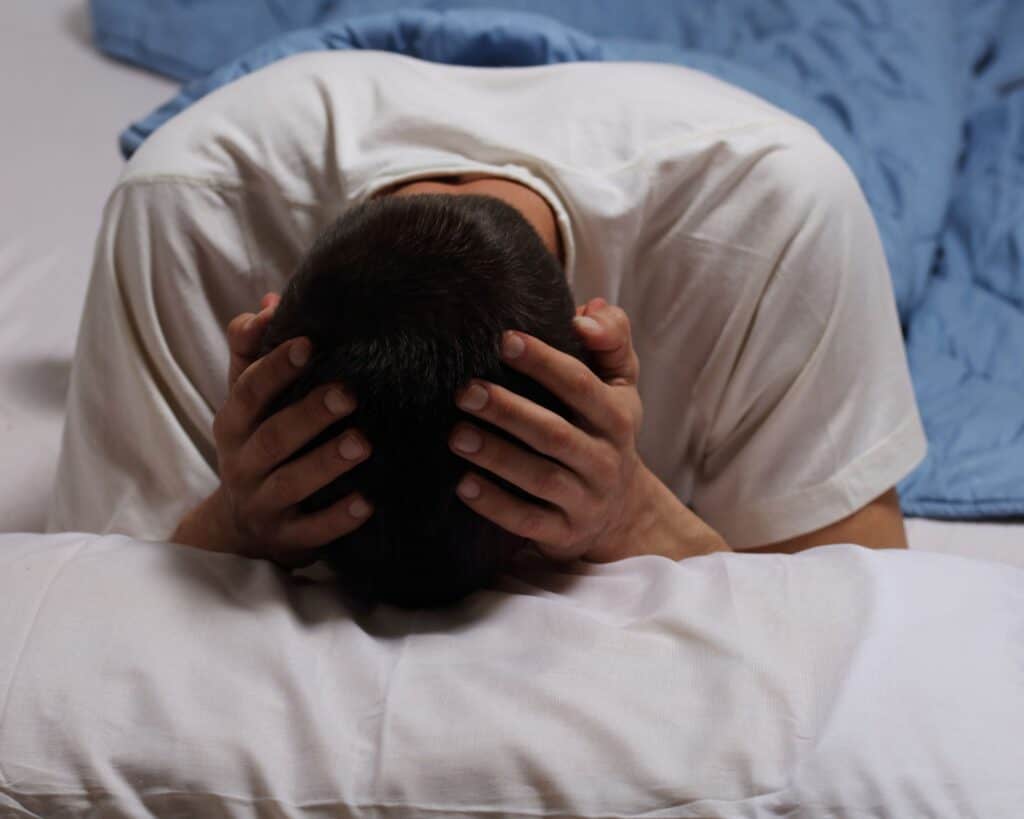Crack cocaine is highly addictive, and the number of people affected by cocaine grows each year, according to the National Institute on Drug Abuse, making it a serious concern for the entire country.
At Malibu Detox, we can help those struggling with crack cocaine abuse.
Understanding Crack Addiction
Crack cocaine is made from powder cocaine that is combined with water and another substance, usually baking soda. This mixture becomes a solid when boiled. Because crack is such a concentrated version of cocaine, it is highly addictive. It affects the central nervous system, flooding it with dopamine and causing feelings of euphoria.
While cocaine is always white in powder form, as crack, it can be white, light brown, cream, or tan. Most people who use powder cocaine snort it, while those who use crack smoke it or inject it, receiving the effects much more quickly. The effects do not last very long, however, which puts people at risk of overdosing.
Under the Controlled Substances Act, crack cocaine falls under the Schedule II drug classification. Some of the street names for crack cocaine include:
- Black rock
- Candy
- Hail
- Grit
- Cookies
- Dice
- Hard rock
- Jelly beans
- Snow coke
- Tornado
Crack cocaine is not only more concentrated, offering a more immediate high, but it is also more affordable than powder cocaine.

Signs of Crack Addiction
Because crack is an illicit drug, any use of it is abuse. The Substance Abuse and Mental Health Services Administration lists some of the most common signs of crack addiction:
- Anxiety
- Euphoria
- Mood swings
- Dilated pupils
- Aggressive behavior
- Cracked or burned lips or fingers
- Increased breathing rate
- Isolation
- Talkativeness
- Financial problems
- Increased energy
- Increased libido
- High blood pressure
- Chronic runny nose
- Difficulty swallowing
- Delusions
- Hallucinations
- Paranoia
- Hoarseness
- Risky behavior
- Appetite loss
Crack cocaine use can have long-term effects on the brain as well as on the rest of the body, such as:
- Permanent damage to blood vessels
- Depression
- Liver damage
- Lung damage
- Tooth decay
- Malnutrition
- Infertility
- Kidney failure
- Heart attack
Overdosing is a serious risk with crack cocaine addiction because of how intense the high is and how quickly it fades, prompting users to take more. The Drug Enforcement Administration warns that some signs of an overdose include:
- Irregular heart rate
- High blood pressure
- High body temperature
- Sweating
- Breathing difficulties
- Extreme anxiety
- Seizures
- Hallucinations
- Coma
Sudden death is a potential consequence of a crack overdose because the drug can cause heart failure and stroke.
Crack Withdrawal Symptoms
Withdrawal occurs when you stop using the drug. Your body has grown used to functioning with the flood of dopamine that crack cocaine offers and has a very difficult time adjusting to the lack of it. According to the National Institute on Drug Abuse, some of the most common crack withdrawal symptoms are:
- Exhaustion
- Inability to feel pleasure
- Depression
- Anxiety
- Severe cravings
- Aches and pains
- Chills
- Shakiness
- Nausea
- Suicidal thoughts
Because of the severity of the withdrawal symptoms, it is always better to get medical help when attempting to detox from crack cocaine.

Crack Addiction Treatment
The recovery process for crack addiction begins with asking for help. At Malibu Detox, we offer crack addiction treatment options to support you as you find sobriety.
Medical Detox
Detox is the first step in the treatment of crack cocaine addiction. If you attempt to detox on your own, you risk a relapse or even an overdose because the symptoms of crack withdrawal can be highly uncomfortable. To keep you safe and make the process easier, we offer medical detox at our addiction treatment center.
Before beginning to treat cocaine addiction, we always perform a physical and mental health assessment to know how to best help you. We use medications approved to treat the symptoms of crack withdrawal, and we keep you as comfortable as possible while you begin your recovery.
Our team of medical professionals will monitor you for the duration of your benzodiazepine detox and do everything they can to keep you comfortable.
Medication-Assisted Treatment Plan
At our treatment center, we offer medication-assisted treatment (MAT) for crack addiction. Battling a substance use disorder can be much more difficult if you have to worry about severe cravings. With the right medications for crack cocaine addiction, we can reduce these intense cravings and allow you to focus on your therapy sessions and the rest of the recovery process.
Residential Treatment
Residential treatment offers intensive, evidence-based treatment and therapies. People in residential treatment live on-site at our specialized addiction facilities, learning the tools and skills required to maintain their abstinence for years to come.
Aftercare Services
Once you leave our inpatient rehab for crack addiction, you want to be able to maintain sobriety. For guidance during your ongoing recovery, you can take advantage of aftercare addiction treatment options.
At our crack cocaine treatment facility, we can help you transition back to your life while supporting long-term recovery from crack cocaine addiction. We offer many resources, including follow-up treatment plans, access to relapse prevention training, family therapy sessions, mental health services, and outpatient therapy.
Our aftercare programs to treat crack cocaine addiction take place in a safe environment where you can get the ongoing support you need.
Start Crack Cocaine Treatment
At Malibu Detox, we offer crack cocaine treatment as well as help for other substance use disorders. Our treatment center can provide the medical and emotional support you need to recover from substance abuse. Contact us today to learn more.
Free Insurance Verification
"*" indicates required fields
Our Programs
GET THE HELP YOU NEED
Recovery Starts Today
Our individualized, evidence-based addiction treatment programs provide highly specialized solutions utilizing the latest technology to promote life-long recovery.





